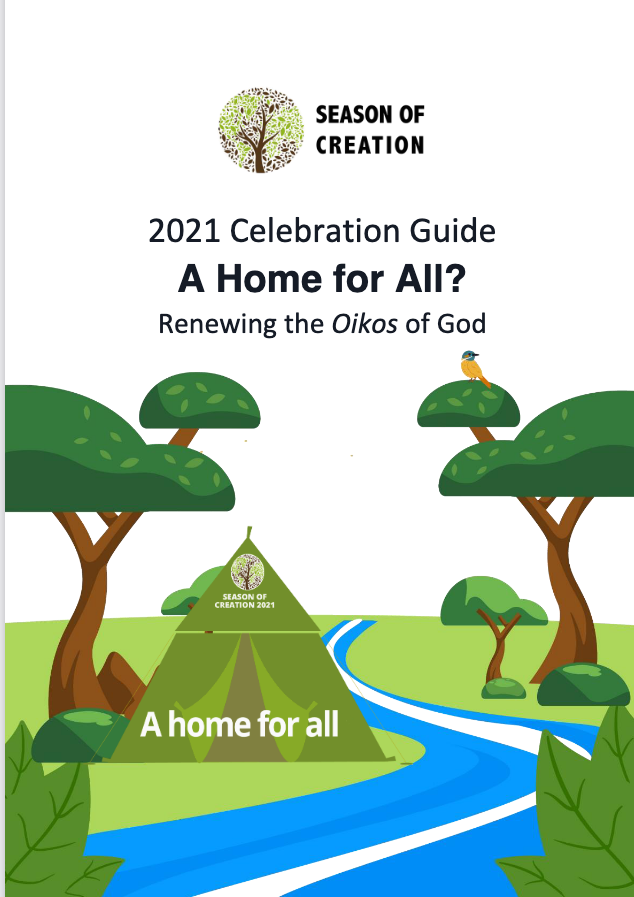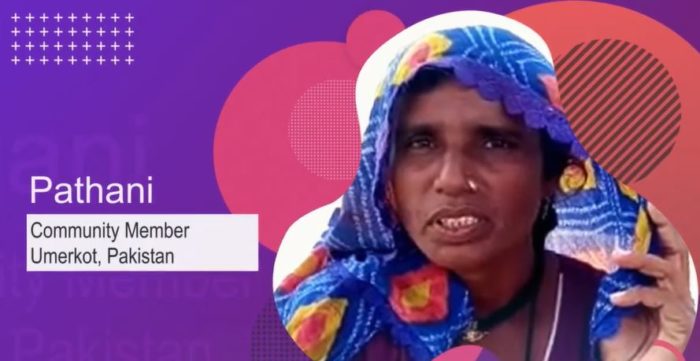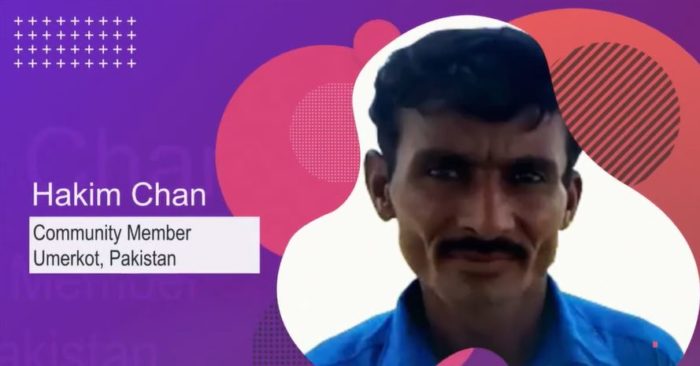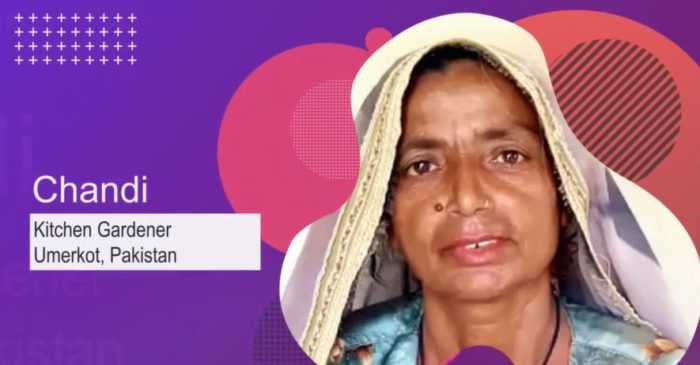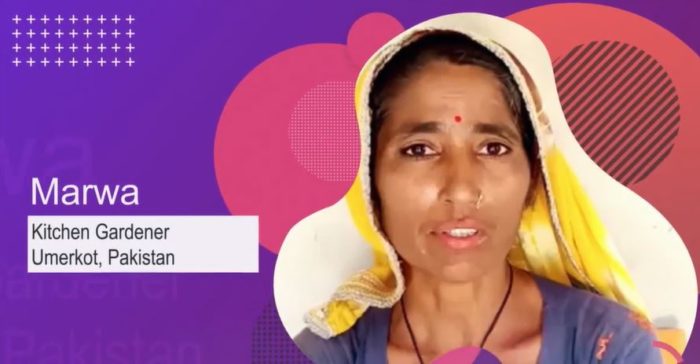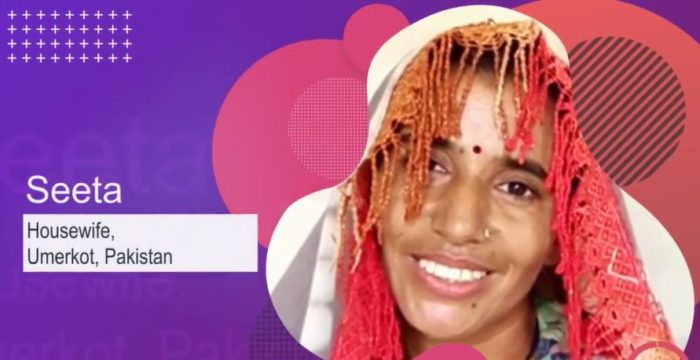ACT Alliance is pleased to announce the appointment of Prof. Dr. Cornelia Füllkrug-Weitzel and Dr. Humberto Martin Shikiya as ACT Goodwill Ambassadors. Each brings a wealth of experience to these newly created positions.
Appointed following the invitation of ACT’s Secretary General Rudelmar Bueno de Faria, the ACT Goodwill Ambassadors will spotlight critical issues affecting our planet and its people. Both have been deeply involved in the life of the Alliance and are at the top of their field with talents and achievements that have made them household names.
ACT’s Goodwill Ambassadors will raise awareness and mobilize support among their already broad audiences to help ACT fight climate change, promote peace, human security and gender justice, and realize the Sustainable Development Goals.
Dr. Cornelia Füllkrug-Weitzel, ACT Goodwill Ambassador for Climate Justice
“I feel honored to be nominated as ACT Goodwill Ambassador,” says Prof.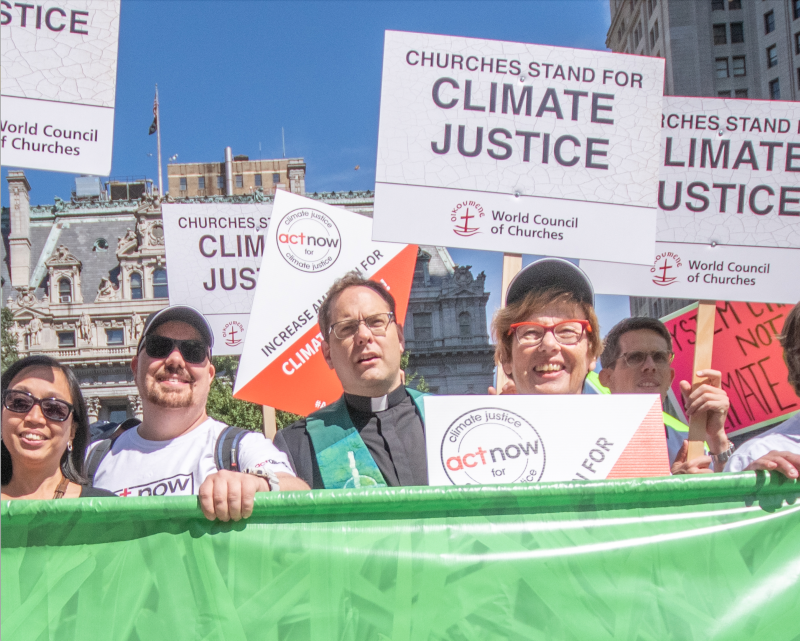 Dr. Cornelia Füllkrug-Weitzel, pastor and political scientist.
Dr. Cornelia Füllkrug-Weitzel, pastor and political scientist.
Dr. Füllkrug-Weitzel brings more than 20 years’ experience on governing bodies of the ACT “family” (ACT International, ACT Development, ACT Alliance, and ACT EU) and was the Moderator of the ACT Alliance Governing Board from 2010 to 2014. “The ACT family – with its specialised knowledge of the issues and with the political experience of its members – plays a strong part in the advocacy work of the ecumenical family,” she says.
Dr. Füllkrug-Weitzel was President of ACT Alliance member Brot für die Welt from 2000 until February 2021 and active in the World Council of Churches (WCC) and the Lutheran World Federation (LWF).
“One of my major concerns in the last decade has been climate justice,” says Dr. Füllkrug-Weitzel. “I have met communities all over the world and seen the devastating effects of climate-related disasters on their livelihoods, their communities, their identity and their culture.”
As ACT Alliance Goodwill Ambassador for Climate Justice, she will support ACT’s advocacy on climate justice in relation to Agenda 2030 and the Sendai Framework for Action of DRR and the UNFCCC, with a focus on the implementation of the Paris Agreement on Climate Change.
“As one ecumenical family we have a huge opportunity to magnify the voices of the most excluded communities and people and bring the hope and ethical convictions of the churches to fruition,” she says.
Dr. Füllkrug-Weitzel is also a member of the German Council for Sustainable Development, the Sustainable Development Goals Commission of the German Ministry of Economic Cooperation and Development (BMZ) and the Development and Peace Foundation (sef:).
Dr. Humberto Martin Shikiya, Goodwill Ambassador for Sustainable Development

Dr. Humberto Martin Shikiya of Buenos Aires, Argentina, brings his academic background in economics and international cooperation to his current role as the Secretary General of Qonakuy, a network of Latin American and Caribbean Protestant and Evangelical universities working towards the United Nations’ Sustainable Development Goals (SDGs).
“It is a privilege to serve ACT Alliance and collaborate with its vision and strategic objectives for climate justice in the midst of a world of scandalous social, economic, gender, ethnic and other inequalities,” says Dr. Shikiya. “Transformational development puts people at the center of dignity, alongside caring for all of God’s creation. Full access to human rights is essential in these critical times.”
Dr. Shikaya is a co-founder of CREAS (the Regional Ecumenical Advisory and Service Center) and currently vice president of Argentina’s CREAS. He has been a member of ACT Alliance’s Executive Committee and ACT’s Membership and Nominations Committee.
As ACT Goodwill Ambassador for Sustainable Development, Dr. Shikaya will support ACT’s advocacy to counter inequality and economic injustice in alignment with the UN’s 2030 Agenda and the underlying principles of the Sustainable Development Goals.

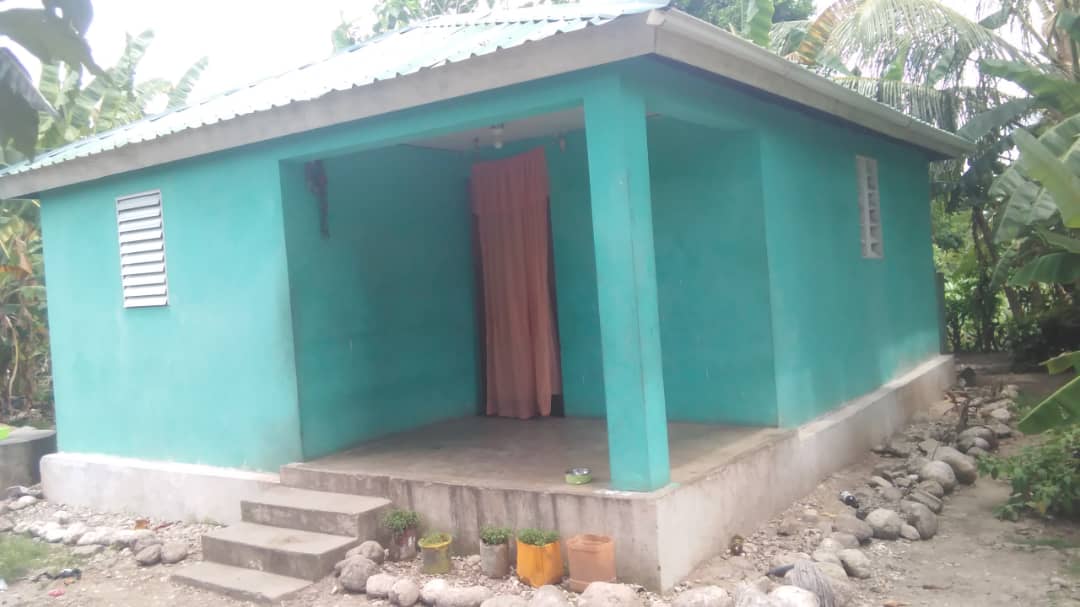
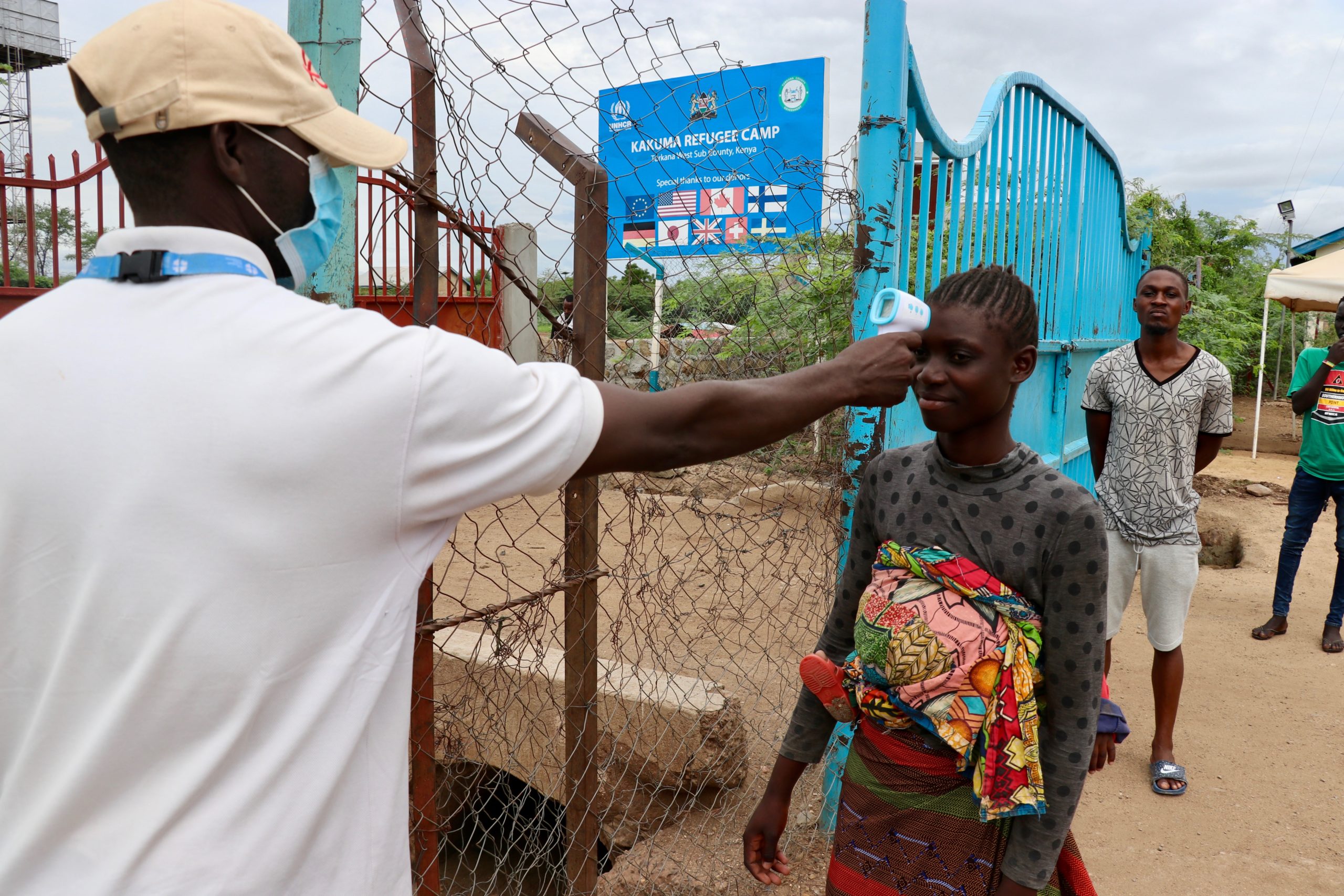
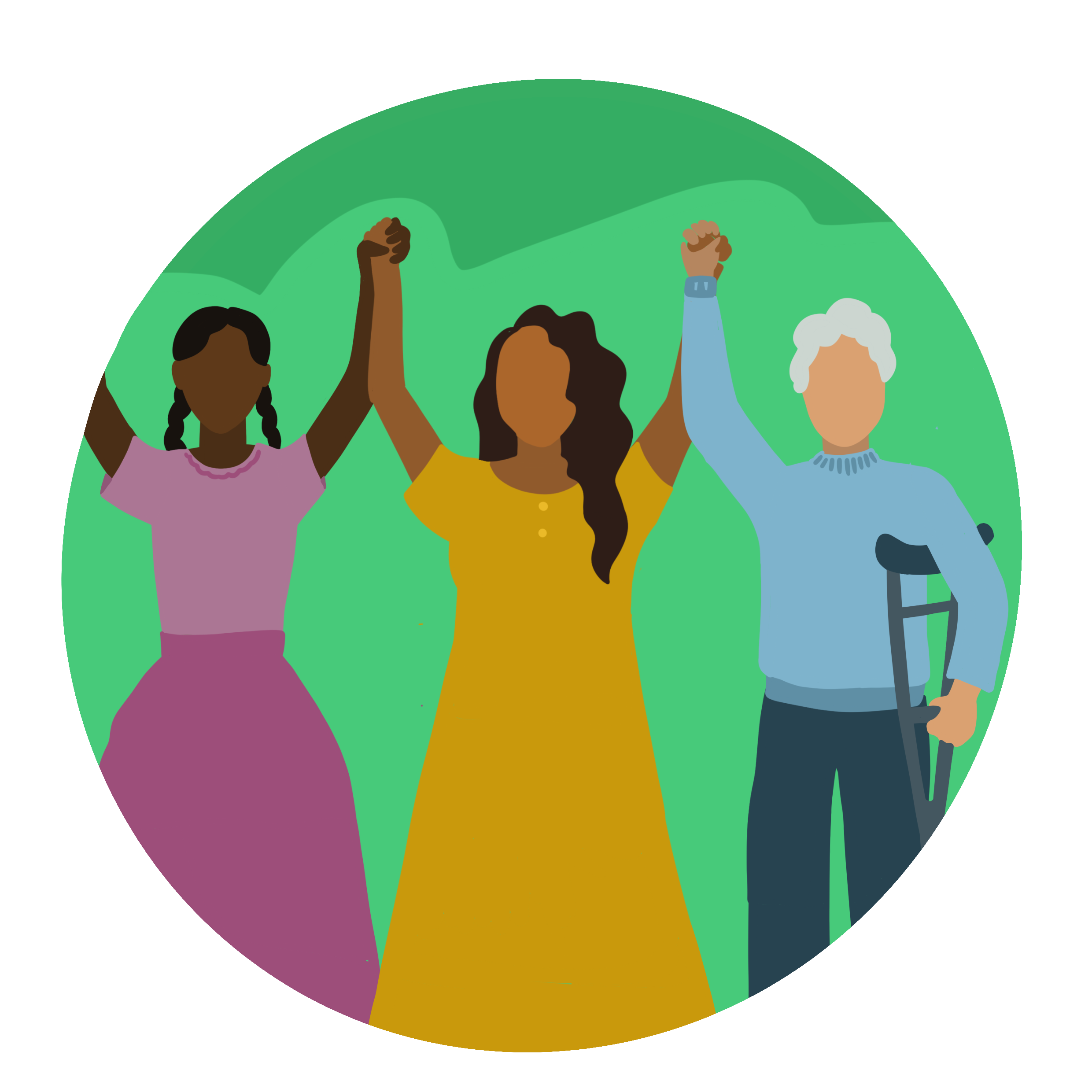 You probably know the phrase “
You probably know the phrase “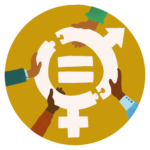 The content of the convention is still highly relevant today.
The content of the convention is still highly relevant today. 
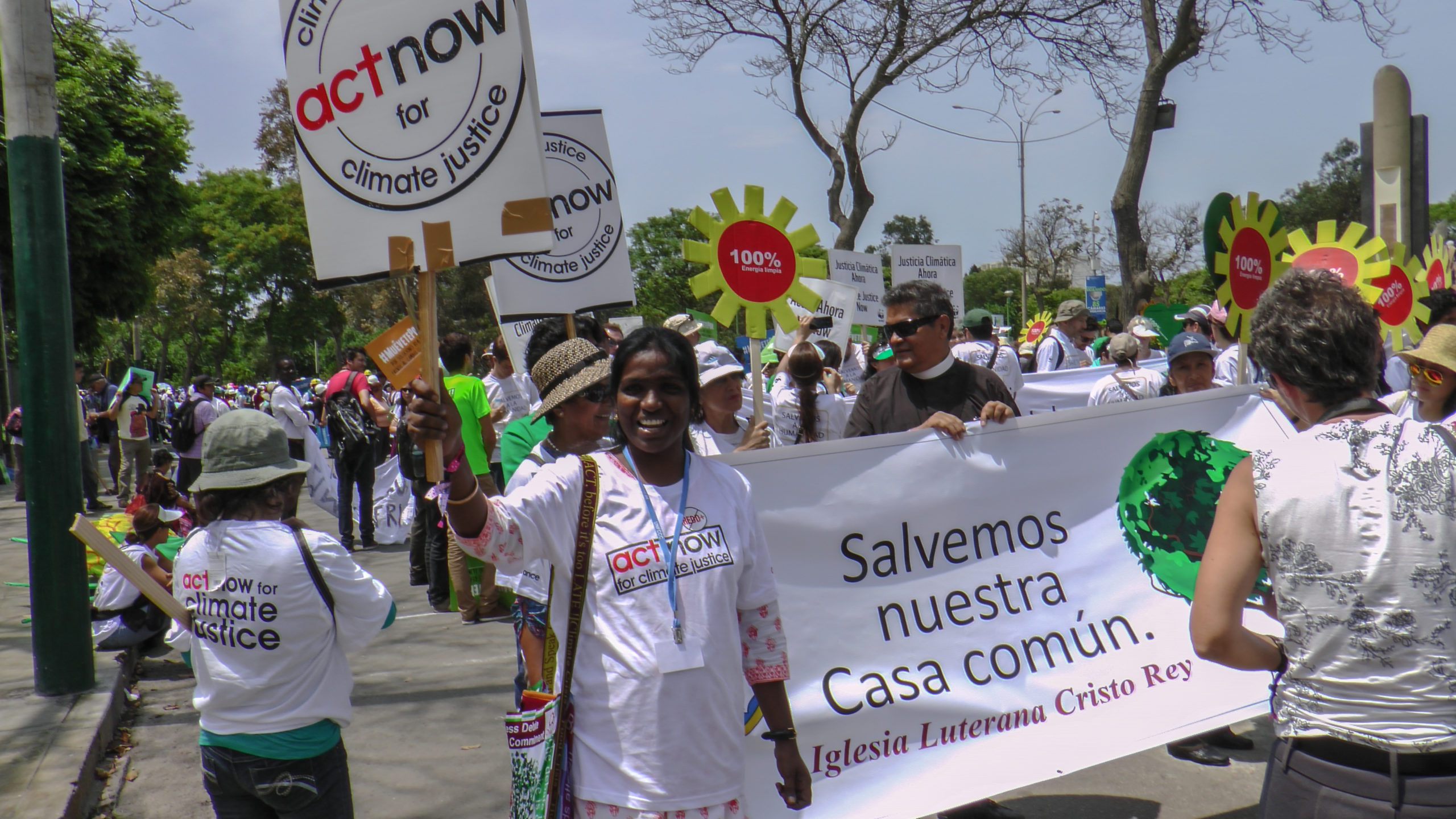
 Each year, ACT Alliance members join other Christians around the world to pray, act and advocate for our common home, Earth, by celebrating the ecumenical
Each year, ACT Alliance members join other Christians around the world to pray, act and advocate for our common home, Earth, by celebrating the ecumenical 